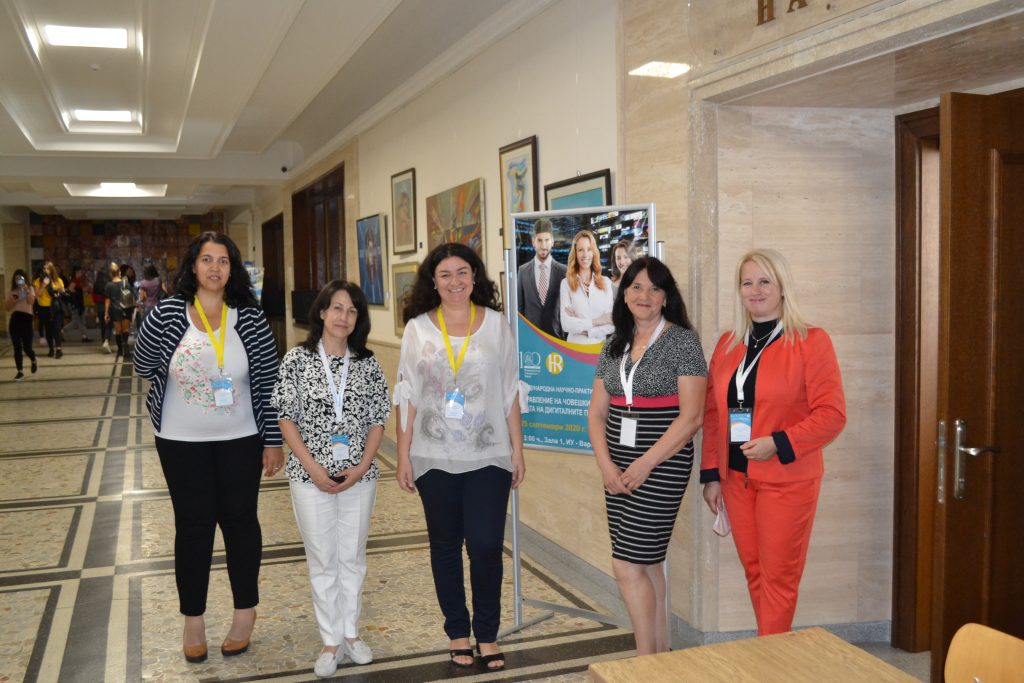Radka Nacheva from Varna University of Economics in Bulgaria has been working as a guest lecturer at the Liepaja University in the field of strategic specialization – “Information Technologies” for almost a year and has recently completed several scientific publications on e-learning during the pandemic. Radka Nacheva is one of seven guest lecturers who is actively involved in the European Social Fund project “Improvement of the academic staff of Liepaja University in the fields of strategic specialization – natural sciences, mathematics and information technologies, art, social sciences, business and law” (No. 8.2.2.0/ 18 / A / 021) in order to strengthen the quality of the study direction “Information Technologies, Computer Engineering, Electronics, Telecommunications, Computer Control and Computer Science” by providing its professional contribution to academic and scientific research activities.
Regarding scientific publications, the guest lecturer explains:
“In the first months of experiencing social distance, teachers and students faced the challenge of communicating virtually. Traditional teaching methods were transformed into digital ones, which put both sides out of their comfort zones, and the learning process was conducted in a completely digital environment, which had to be organized in such a way that all students had access to the available materials. Thus, the aim of the research was to study the experience gained in e-learning at Varna University of Economics and the Liepaja University in the lockdown.”
Thus, Radka Nacheva together with Anita Jansone, Dean of the Faculty of Natural and Engineering Sciences of LiepU, have developed a practical e-learning framework. As part of their study, computer science students were also interviewed to examine the challenges they face in the first months of the lockdown. Based on the survey, the researchers concluded that e-learning at both universities was successful. Radka Nacheva emphasizes:
“Students appreciate the opportunities provided by their teachers to acquire teaching materials in various activities, namely, publishing lectures and assignments, additional literature, video lectures and providing synchronous communication. But on the other hand, respondents also referred to the negative consequences of this type of learning. For example, spending too many hours at the computer, lack of real communication with teachers and other students in the study group, problems with internet connection, power outages in emergencies, poor technical equipment (some of which do not have adequate technology for more extensive video conferencing and software for special tasks) .”
Currently, the guest lecturer plans to continue scientific research work related to the impact of social media on higher education.

